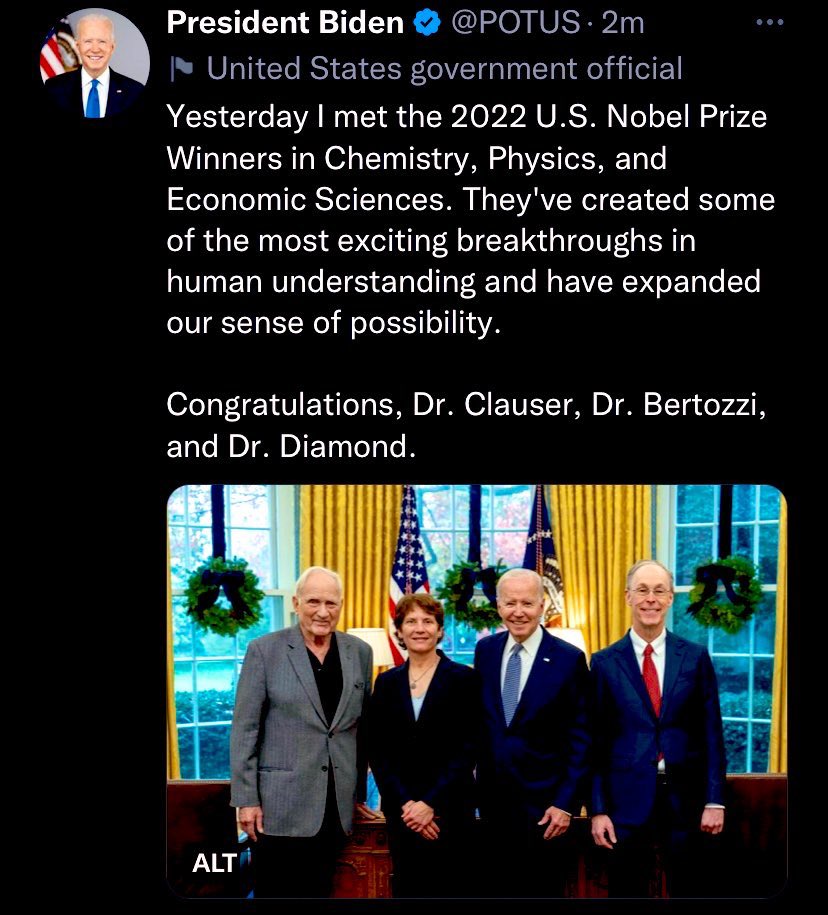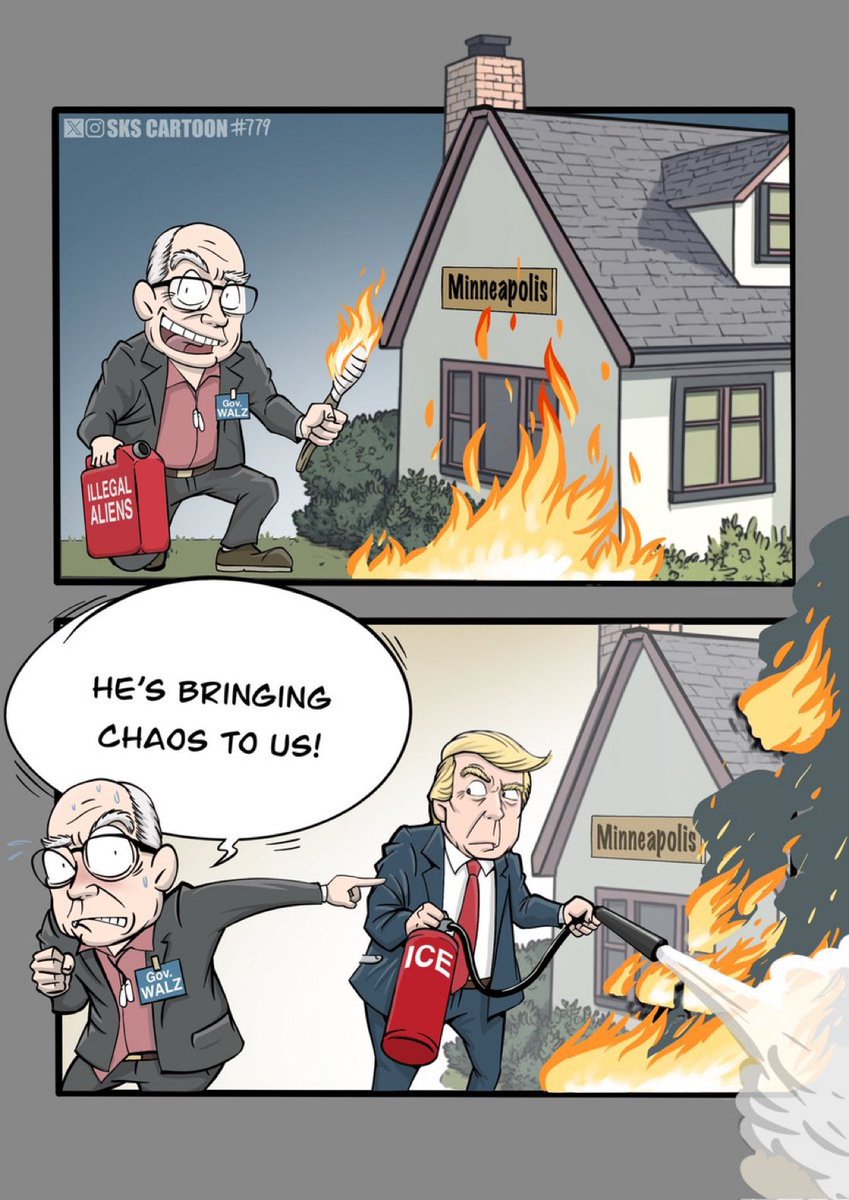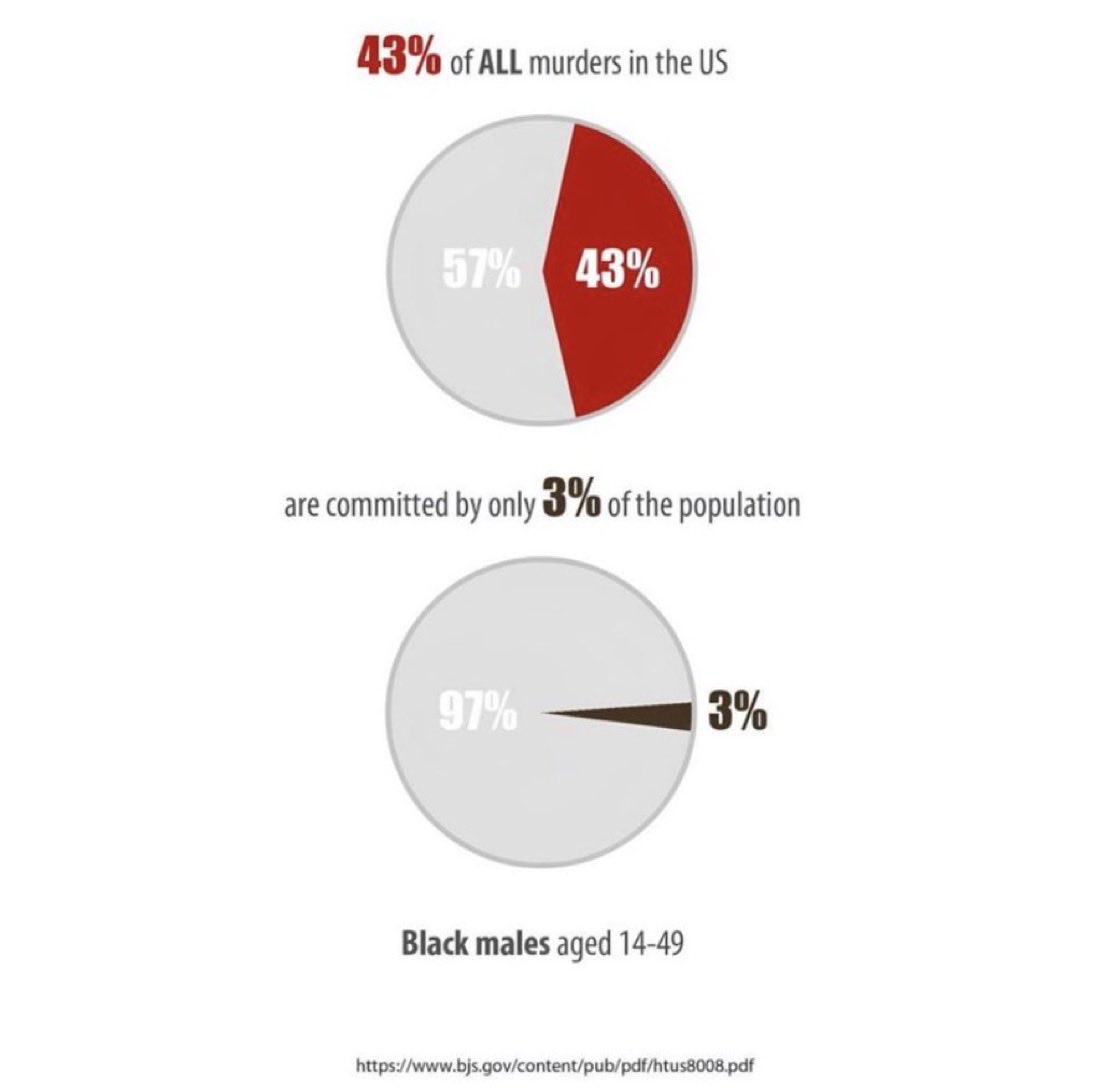Politicians routinely lie, hide facts, evade taxes, help their kin with lucrative contracts. Media is complicit mostly because of the negative repercussions they might have to face.
They falsify or hide records, they blame things on opponents. A thread 🧵 for your awareness👇
They falsify or hide records, they blame things on opponents. A thread 🧵 for your awareness👇

Here’s a prev thread on politicians
https://twitter.com/DeepBlueCrypto/status/1587553218913083395
President Biden's administration is scrambling to track the nearly $20 billion in military aid it has sent to Ukraine as Republicans warn of impending audits when they take control of the House in January.
Isn’t this enough for proof Mr. Biden
Isn’t this enough for proof Mr. Biden

Politicians are the problem creators not the solution finders. They create more problems fixing what they’ve broken already and blame them on previous administration as always. 

When is Mr. Biden getting a Nobel prize for his radical breakthroughs in crypto based #MoneyLaundering from #FTX, Ukraine and #SBF_FTX 

Since it’s filmed by her daughter…
Myth will be portrayed as reality
Myth: The greatest woman politician to ever live on the face of the earth
Reality: The most corrupt insider trading politician to ever live on the face of the planet earth
Myth will be portrayed as reality
Myth: The greatest woman politician to ever live on the face of the earth
Reality: The most corrupt insider trading politician to ever live on the face of the planet earth

Biden steals your money through inflation, Inflation Reduction Act, Student Loan Forgiveness, Ukraine war funding, money laundering through FTX etc.
His staff steal things like purses, luggages etc. they’re all thieves.
His staff steal things like purses, luggages etc. they’re all thieves.

DONT WORRY SON, PRESS WILL COVER FOR US AS LONG AS WE ARE IN POWER…
AFTER THAT OUR FRIENDS FROM THE DC SWAMP WILL
AFTER THAT OUR FRIENDS FROM THE DC SWAMP WILL

Non-binary Biden nuclear official (Sam Brinton) used ‘stolen’ suitcase from Minneapolis airport for month after dumping woman’s clothes…
Now the whole luggage section looks like this so he/she/they can steal to hearts content 😂
Now the whole luggage section looks like this so he/she/they can steal to hearts content 😂

• • •
Missing some Tweet in this thread? You can try to
force a refresh











